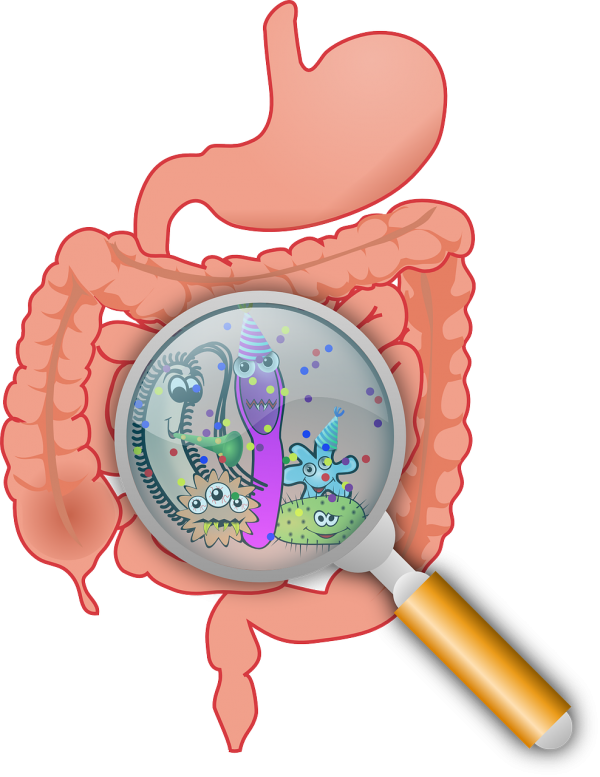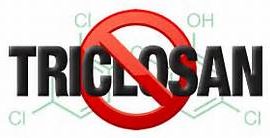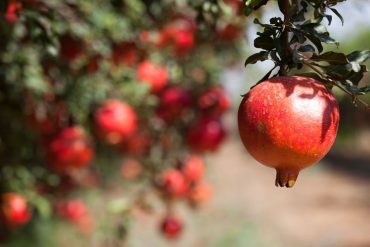Berberine is a natural alkaloid found in a wide range of herbs. It has a long history of treating various ailments in traditional Chinese and Ayurvedic medicine. Now modern science has confirmed its benefits for numerous health problems. Berberine has antibacterial, anti-inflammatory, antimicrobial, anti-tumor and blood glucose lowering abilities.
Berberine can be found in plants such as barberry, goldenseal, goldenthread, Oregon grape and tree turmeric to name a few. Berberine is available in supplements and extracts, and are generally inexpensive and widely available online and in health food stores.

10 Benefits of Berberine
Berberine has numerous benefits including the ability to lower cholesterol, help fight obesity, it offers protection against neurological diseases, can help treat diabetes, SIBO and helps to support heart and lung health.
Diabetes-Berberine is proving to be a great option for diabetes. This successful 3 month study compared the efficacy and safety of taking 500 milligrams of berberine 3 times daily in comparison to metformin, a drug commonly prescribed for the treatment of type 2 diabetes mellitus patients.
Lowers cholesterol- A study published in the journal Metabolism showed the effectiveness of reducing cholesterol along with triglycerides levels.
Fights obesity-Berberine can activate AMPK (activated protein kinase), an enzyme in our cells known as a metabolic master switch, because it plays a crucial role in regulating the metabolism.
Alzheimer’s preventative–Berberine has promising effects against Alzheimer’s, Parkinson’s and other trauma induced neurodegenerative health issues.
Treats SIBO-(Small intestinal bacteria overgrowth) is frequently treated with antibiotics by traditional doctors. A study published in Global Advances in Health & Medicine found that berberine included with herbal treatments was equally effective and safe in treating intestinal bacteria overgrowth.
Heart health– The University of Maryland Medical Center published a study regarding individuals who took berberine for eight weeks, with the results of improved heart function and increased ability to exercise. The cardiovascular effects of berberine suggest its possible clinical usefulness in the treatment of arrhythmias and/or heart failure.
Lung health-The anti-inflammatory properties of berberine, make it an excellent choice for lung health. Pre-treating with berberine helped to significantly reduce lung inflammation from cigarette smoke.
Fights candida– This 2011 study showed that Berberine specifically fights candida albicans, as well as increasing the effectiveness of anti-mycotics.
Boosts the immune system– Berberine fights fungi, parasites and viruses. It also helps to rebalance the gut and reduce bad bacteria.
Nonalcoholic fatty liver disease– Studies on berberine however have shown it can improve liver function, increase fatty acid burning in the liver, decrease glucose production in the liver, and reduce fat build up in the liver.
Where to find berberine and how to use it
You can find berberine in health food stores and online. Don’t confuse berberine with berberol (tree turmeric and milk thistle) , berberrubine ( a metabolite) or piperine (black pepper extract).
It has a short life and in order to maintain a steady stream in your system, berberine needs to be taken in divided doses throughout the day. To help manage the blood glucose and lipid spike that comes with eating, it is best taken with meals or shortly thereafter.
Talk with your practitioner about what does are recommended for you and your health concerns.
Cautions
If you are on any medication or have any medical condition, you should speak with your doctor before taking berberine.
Since berberine can lower blood sugar levels, individuals who are controlling their blood sugar levels with insulin or other medication, should monitor their blood sugar levels closely and discuss the transition with their doctor.
Berberine can also lower blood pressure, individuals should monitor their blood pressure closely and discuss changes with their doctor.








